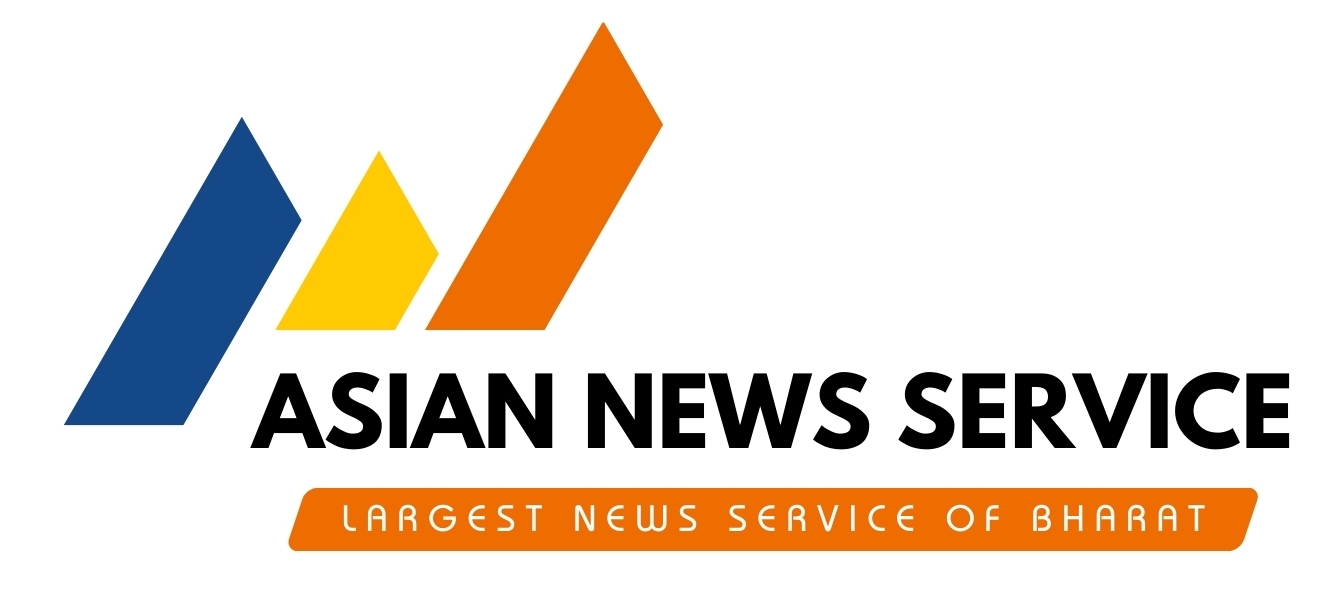Government Announces Major Relief for Sanitation Workers Under Mission Clean City

Yellow and Black Modern Streaming Platform Logo - 5
Raipur, February 21
The Urban Administration & Development Department has announced a major relief package for sanitation workers (Swachhata Didis and Safai Mitras) employed under the Mission Clean City initiative. The state government has issued new directives to all urban local bodies, ensuring an 8-hour work shift, weekly rotational leave, and one paid casual leave per month for sanitation workers. Additionally, all workers will be registered with the Labor Department to receive benefits from various government welfare schemes.
In an effort to strengthen solid waste management, the department has revised the 2016 guidelines for self-help groups (SHGs) managing sanitation infrastructure under Mission Clean City. These new rules will apply to all municipal corporations, except Raipur, Bhilai, and Risali, as well as all municipal councils and nagar panchayats. The decision was made with sensitivity to the demands of SHGs and was approved by Deputy Chief Minister and Urban Administration Minister Arun Sao. Municipal commissioners and chief municipal officers have been instructed to strictly implement these guidelines, with regional directors conducting periodic inspections to ensure compliance.
Work Hours and Weekly Offs
According to the new guidelines, the work duration for sanitation workers will be strictly 8 hours per day, with shifts from 6 AM to 3 PM (including a one-hour lunch break) or 7 AM to 4 PM, depending on urban body preferences. Except for special circumstances, no additional work beyond the prescribed hours will be permitted.
Each sanitation worker will receive a mandatory weekly day off on a rotational basis, ensuring that door-to-door waste collection and waste disposal services remain unaffected. Urban bodies must ensure that all workers do not take leave on the same day to prevent garbage accumulation at Manikanchan Centers.
Mandatory Registration and Welfare Benefits
All sanitation workers must be registered on the Labor Department portal to receive benefits from various government schemes, including life insurance and medical claims. Local urban body heads are responsible for ensuring the implementation of these benefits.
The government has strictly prohibited urban bodies from assigning street sweeping, drain cleaning, or any other unrelated tasks to sanitation workers under Mission Clean City. Any violation of this directive will result in disciplinary action against responsible officials.
Health Checkups and Medical Tests
The state government has mandated monthly health checkups for all sanitation workers under the Chief Minister’s Slum Health Scheme. Additionally, every three months, workers will undergo:
Blood tests
Thyroid tests
BP & Sugar tests
Urine tests (including urine culture, uric acid, and albumin tests)
LDH test
Total cholesterol test
VHDL and TSH tests
To implement this, district headquarters will coordinate with other local bodies to organize health camps.
Paid Leave and Performance-Based Incentives
The state government has also approved one paid casual leave per month for sanitation workers. Each SLRM center will maintain records of employee leaves. If sufficient funds are available, a yearly bonus will be given from deducted leave funds. Alternatively, an outstanding worker from each center may be awarded a special cash prize on designated occasions.
Maintenance and Supervision of SLRM Centers
The maintenance of SLRM (Manikanchan) Centers and related infrastructure will be funded through urban local bodies. In cases where extensive repairs are required, additional funds will be provided by SUDA (State Urban Development Authority) based on a case-by-case review. Supervisors of these centers must be either regular municipal employees or SHG members; contract-based sanitation workers or externally hired staff cannot be designated as supervisors.
For the maintenance of tricycles, mini tippers, and other waste collection vehicles, supervisors will oversee repairs, and reimbursement will be provided by the urban body. Up to ₹1 lakh per year can be allocated from user charges for this purpose.
Protective Gear and Work Materials
To ensure worker safety and convenience, the government has instructed urban bodies to provide free essential materials at sanitation centers:
Identification card
Two green T-shirts (for male workers)
Two sarees (for female workers)
Two aprons
One raincoat (annually)
Four pairs of rubber gloves and four pairs of cloth gloves (every three months)
Six pairs of socks and six masks (every two months)
Two pairs of cloth shoes and two caps (every six months)
One pair of gumboots (for compost shed workers, annually)
These new directives aim to improve working conditions, ensure fair compensation, and promote health and safety among sanitation workers under Mission Clean City.
